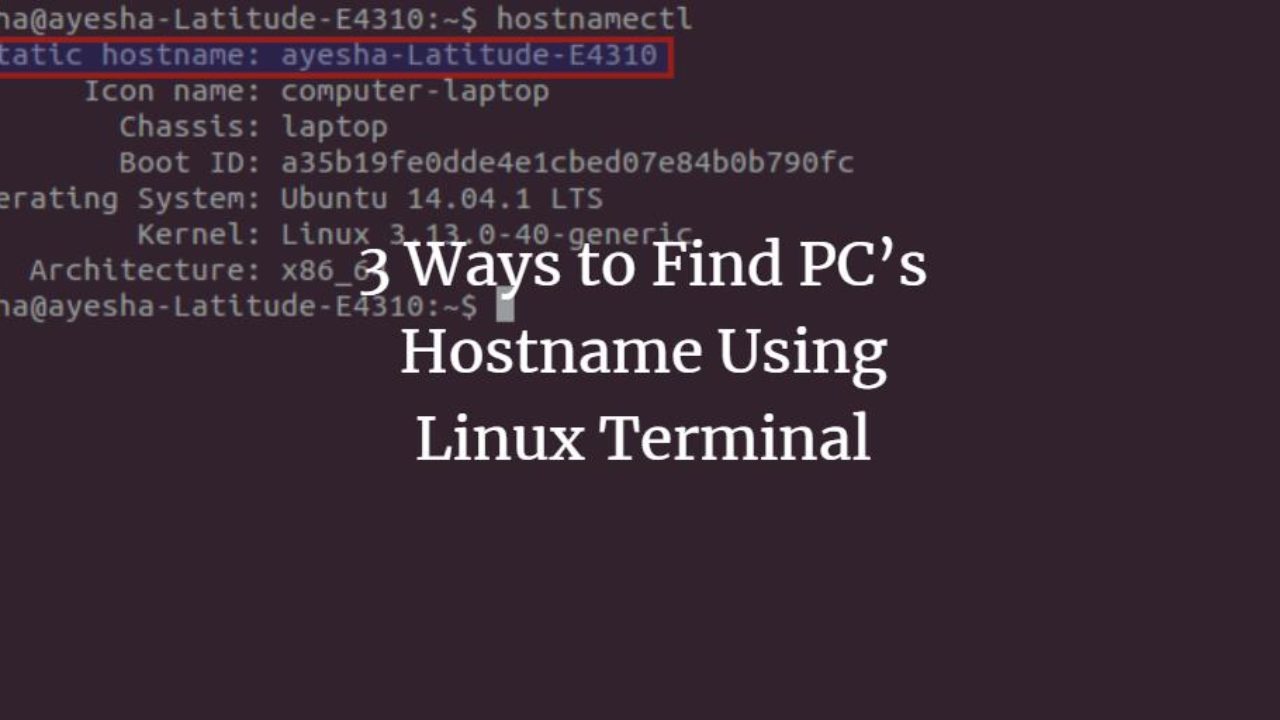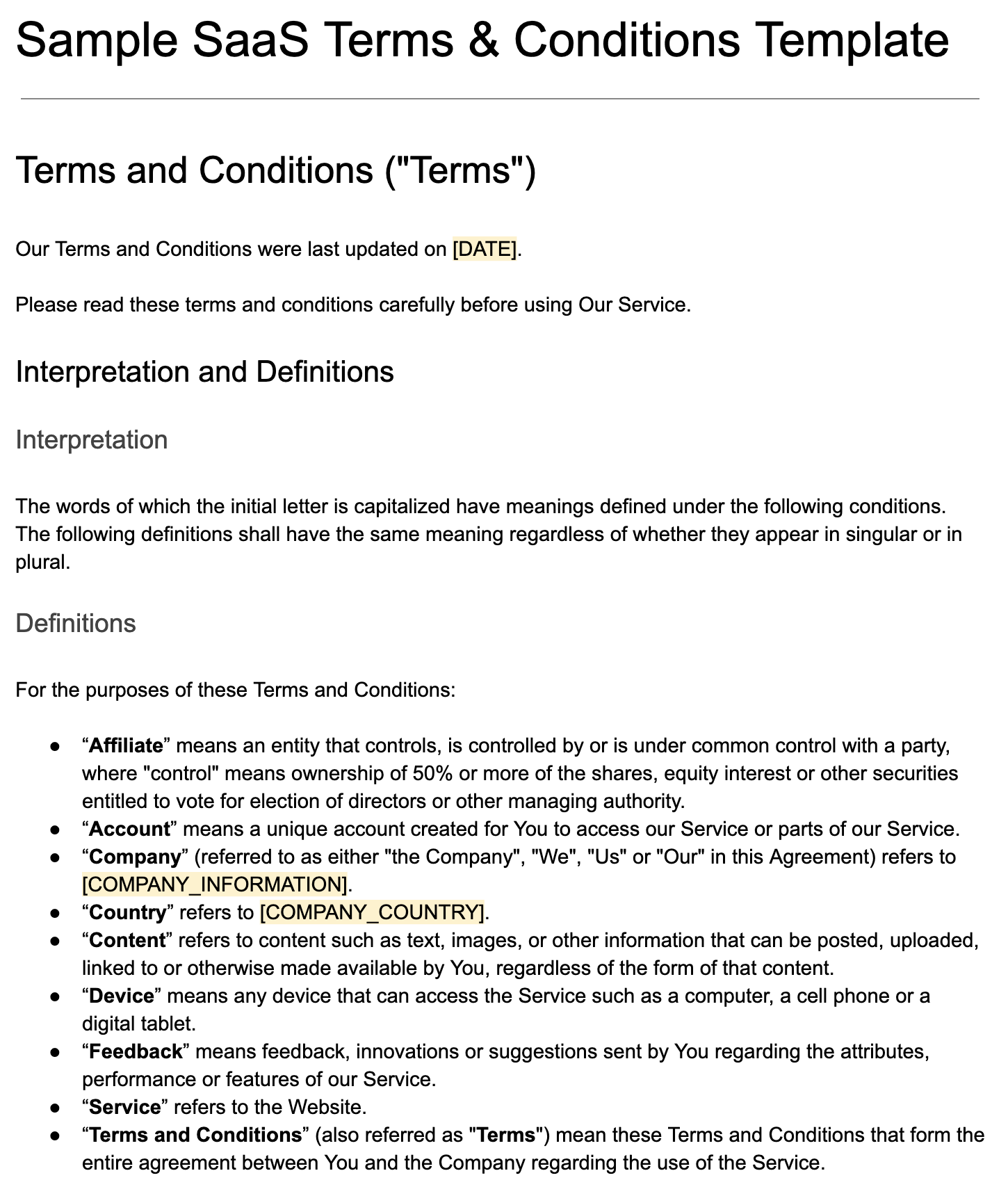
Ubuntu can be set up to run Apache by using the command "apt_get install apache ubuntu". Before you can install Apache you need to make sure that your firewall software permits it. Ubuntu's firewall is called ufw. Open ufw, and choose the option "allow connections". You will see a message indicating whether Apache is allowed. If Apache is permitted, you will see the Apache server as "active".
Prerequisites
You must make sure that your Ubuntu-based system meets all prerequisites before installing Apache. You must be able to access the sudo command to modify files. Also, you must have a user account with administrative privileges. After you've completed these prerequisites, you are ready to start installing the webserver.
First, enable port 443, and then enable firewall. By running sudo ufw permit in Apache Full, you can allow HTTP and HTTPS ports. You must also make sure you have at minimum 50MB of disk space. After the installation is completed, Apache server will consume approximately 10MB of disk storage. The space required will vary depending on the configuration options you choose, the third-party modules that you use, and the size your site. Apache requires an ANSI C compiler. If you use a different compiler, ensure it supports ANSI C. Make sure your PATH includes the basic tools for building.

Configuring a UFW Firewall
Once you've installed UFW on your computer, you'll need to set up rules to protect your computer from unauthorized connections. UFW firewall has many options for configuring its firewall rules. First, you must define a netmask in order to stop UFW from allowing connections via IP addresses that don't belong to your subnet. Secondly, you need to configure a policy to control the number of allowed connections. UFW uses a default policy called "deny". This policy blocks all connections and allows you to connect only to specific accounts. Final, rules can be removed by numbers or names.
UFW is also an option to configure your firewall to only allow outgoing connections. This is the safest default. However, you can also choose to block certain IP address ranges, programs, and ports, or a combination of all. To change the policy you will need to modify /etc/default/ufw.
Reloading Apache web servers
Reloading an Apache web server on Ubuntu is not a very complicated process. It is possible to do this using systemctl. You should be aware that this may take a while to complete. Unexpected interruptions may occur if your configuration is too complex.
Check all configurations, then restart the webserver. Verify that there aren't any zombie processes on the system. This is vital because unreliable Internet connections can cause the web server to be unable to function.

Configuring virtual hosts
Configuring multiple Apache virtual host is one way to allow multiple domains to run on the same Ubuntu server. This powerful tool allows you to host multiple domains from one server with one IP address. In addition, virtual hosts are flexible and can be configured for any host name.
Because there are so many options, this can make it difficult for beginners. You can do it by following these simple steps. First, create a directory to store your site's files. This directory will be the document root. This is where all site data will be kept. While the default directory will be at /var/www for virtual hosts, it will be theirs.
FAQ
Does A Good Portfolio Make Me More Likely To Be Hired As A Web Developer?
Yes. It is important to have a portfolio when applying for web design or development jobs. Portfolios must showcase your skills and experiences.
A portfolio usually consists of samples of your past projects. These can be anything that shows off your skill set. Your portfolio should include everything from mockups, wireframes, logos, brochures, websites, and even apps.
How do I choose a domain name?
A good domain name is vital. People won't know where to go if they don't have a good domain name.
Domain names need to be short and simple to remember, relevant for your brand, and unique. You want it to be something people will type into their browser.
These are some suggestions for choosing a domain.
* Use keywords related to your niche.
* Do not use hyphens (-), numbers or symbols.
* Don't use.net or.org domains.
* Do not use words you already know.
* Avoid generic terms, such as "domain" or web site.
* Check it's always available.
What technical skills do I need to design and construct my site?
No. You just need to be familiar with HTML and CSS. You can easily find tutorials online that teach both HTML and CSS.
Where can I find freelance web developers?
Freelance web designers and developers are available in many locations. These are the top options:
Freelance Jobs
These websites offer job listings for freelancers. Some require you to do specific work, while others are open to all types of work.
Elance has many high-quality positions for writers, programmers (programmers), editors, translators and managers.
oDesk is similar, but they concentrate on software development. They have job opportunities in PHP. Perl. Java. C++. Python. JavaScript. Ruby. Android. And.NET developers.
Another great option is oWOW. Their website focuses on web and graphic designers. They offer writing, video editing and programming as well as SEO, social media marketing, website design, and many other services.
Online forums
Many forums let members post jobs and advertise. DeviantArt is an example of a forum that's dedicated to web developers. A list of threads will appear if you type "web developer” in the search box.
What is a "static website"?
A static website is a site where all content are stored on a server, and visitors can access it via web browsers.
The term "static", as it is sometimes called, refers not to dynamic features such changing images, videos, animations, etc.
This type of site was originally developed for use in corporate intranets but has since been adopted by individuals and small businesses who want simple websites without the complexity of custom programming.
Because static websites require less maintenance, they have grown in popularity. They are simpler to update and maintain than fully-featured websites that have many components (like blogs).
They load also faster than their dynamic counterparts. They are ideal for mobile users and those with slow Internet connections.
In addition, static sites are more secure than their dynamic equivalents. Static websites are much harder to hack than dynamic ones. Hackers have limited access to data within a database.
Two main methods can be used to create a static site:
-
Using a Content Management System (CMS)
-
Creating a Static HTML Website
Which one is best for you depends on your needs. A CMS is a good choice if you are new to website creation.
Why? Because it allows you to have full control over your website. A CMS means that you don't have to hire someone to set up your website. All you need to do is upload files to the web server.
Still, you can learn to code and create static websites. But you'll need to invest some time learning how to program.
Statistics
- Is your web design optimized for mobile? Over 50% of internet users browse websites using a mobile device. (wix.com)
- It's estimated that in 2022, over 2.14 billion people will purchase goods and services online. (wix.com)
- Did you know videos can boost organic search traffic to your website by 157%? (wix.com)
- The average website user will read about 20% of the text on any given page, so it's crucial to entice them with an appropriate vibe. (websitebuilderexpert.com)
- When choosing your website color scheme, a general rule is to limit yourself to three shades: one primary color (60% of the mix), one secondary color (30%), and one accent color (10%). (wix.com)
External Links
How To
What is website hosting?
Website hosting describes where visitors go when they visit a site. There are two types.
-
Shared Hosting - This is your cheapest option. Your website files reside on a server owned by someone else. Customers who visit your website send their requests via the Internet over to that server. The server owner then forwards the request to you.
-
Dedicated hosting: This is the most costly option. Your website resides entirely on one server. Your traffic is private because no other websites have shared space on this server.
Because it is less expensive than dedicated hosting, shared hosting is preferred by many businesses. You can use shared hosting if the company owns the server to provide the resources required for your website.
Each option has its pros and cons. Here are the differences:
Shared Hosting Pros:
-
Lower Cost
-
Easy to Setup
-
Regular Updates
-
It can be found on many web hosting companies
Shared hosting is often as cheap as $10 per month. Keep in mind, however, that bandwidth is usually included in the price. Bandwidth is how much data you can transfer to the Internet. Even if you are only uploading photos to your blog site, high data transfer rates can still cost you extra.
You'll soon discover why you paid so much more for your previous host when you get started. Most shared hosts provide very limited customer support. Their techs will occasionally walk you through setting up your site, but you're on your own after that.
Look for a provider who offers 24/7 phone support. They'll take care of any issues that come up while you sleep.
Cons of dedicated hosting
-
More Expensive
-
Less is More
-
Specific Skills Required
With dedicated hosting, all you need to maintain your website are provided. You won't worry about how much bandwidth you are using or how much RAM (random Access Memory) you have.
This means you will need to spend more upfront. But once your online business starts, you'll realize you don't need any technical assistance. You'll soon be an expert at managing servers.
Which Is Better for My Business?
The answer to this question depends on which type of website you wish to create. Shared hosting might be best if you just want to sell products. It's simple to set it up and keep it updated. It's easy to set up and maintain, as you share a server with other sites. You will likely be updated frequently.
However, dedicated web hosting is the best way to build a community around you brand. Instead of worrying about your traffic, you can build your brand while still being able to concentrate on your business.
Bluehost.com has both. They offer unlimited data transfers per month, 24/7 support and free domain registration.